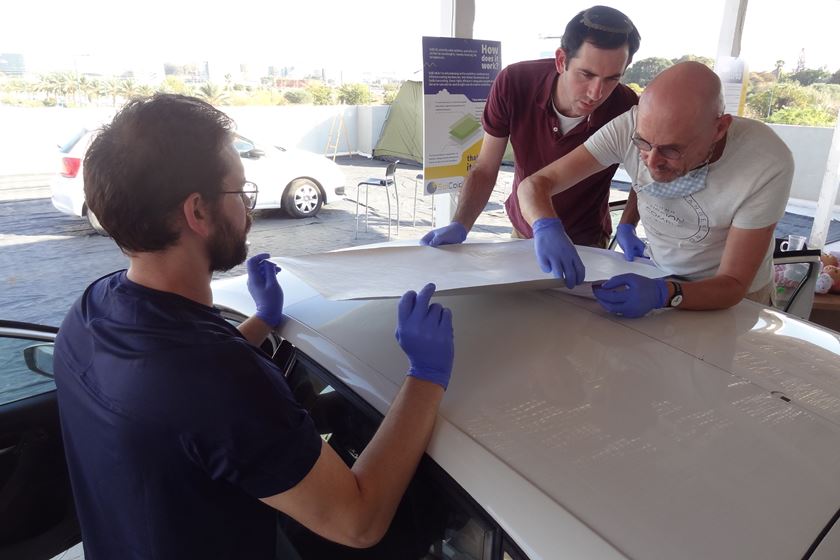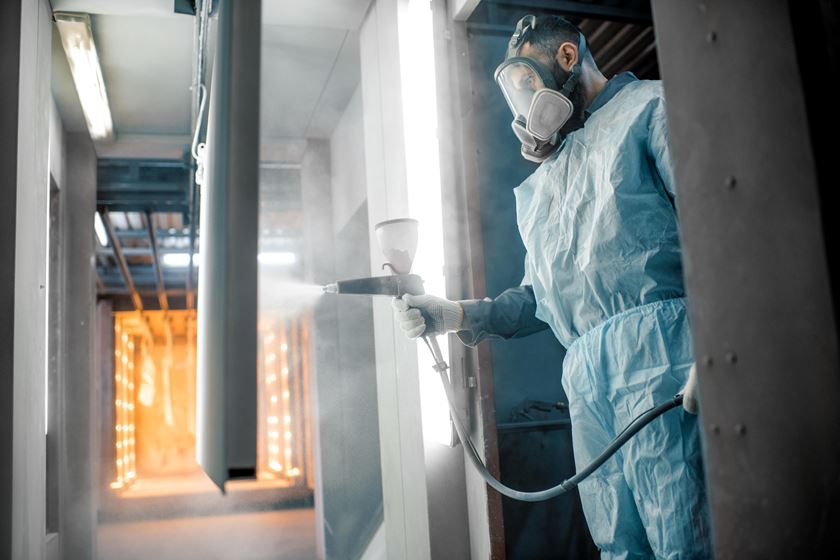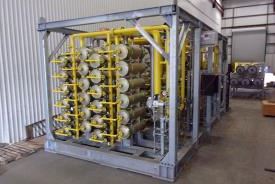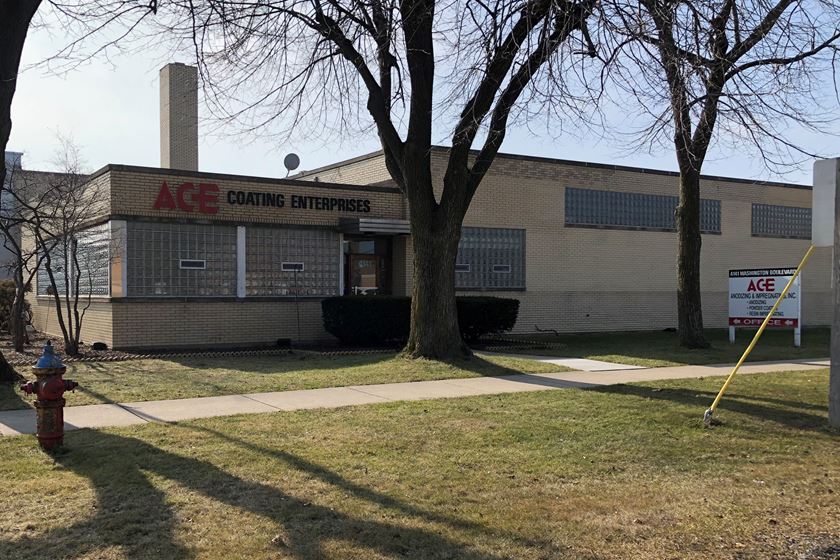NASF Science and Engineering Scholarship Competition Now Open
Open to national and international applicants attending an accredited college, NASF’s Scholarship Program supports student research in plating and surface finishing science and engineering.
#pollutioncontrol #nasf #masking
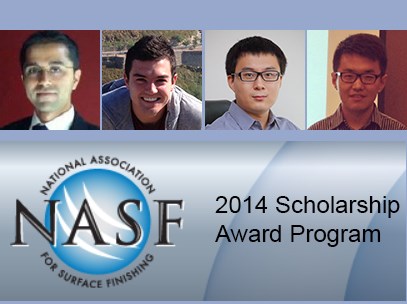
The National Association for Surface Finishing (NASF) Educational Foundation is now accepting applications for their 2014 Scholarship Award Program. Open to national and international applicants attending an accredited college, NASF’s Scholarship Program supports student research in plating and surface finishing science and engineering. Applications for the 2014-2015 school year are due December 9, 2014.
Featured Content
Undergraduate and graduate students studying chemical engineering, material science or engineering, mechanical engineering, metallurgical engineering, environmental engineering or chemistry are encouraged to apply. Undergraduates must be a junior in standing or above when applying and must be of senior standing for the 2014-2015 academic year. Honorary scholarship recipients will each receive an award in the amount of $1,500 USD toward their study and/or research related to the advancement of the plating and surface finishing industries. Interested applicants should visit NASF.org/Scholarships for complete program information.
NASF is pleased to congratulate these 2013 scholarship award winners for their contributions to the future of the surface finishing industry. Each recipient was chosen on the basis of four major factors: (1) academic record, (2) personal statement, (3) work experience and (4) extracurricular activities.

Harman Khare is a postdoctoral researcher in nanotribology at the University of Pennsylvania. His research is focused on multi-scale experimental studies in the tribology of solid lubricant materials, such as surface coatings and nanocomposite materials, and conventional engine oils for reducing friction and wear. The NASF Educational Scholarship has enabled Khare to communicate his research to his peers in surface mechanics and tribology and the broader science and engineering community.

Yunfei Xu is a PhD candidate in chemistry at Harvard University. Having previously studied noble-metal-free electrocatalysts for water splitting reactions, his current research is focused on surface chemistry and catalysis. Passionate about extracurricular activities, Yunfei Xu co-authored 10 publications, including research articles, reviews, a book chapter and 2 patents during his undergraduate. In 2013/2014, he served as a fellow in both Venture Club and the Alumni Relations board of the Harvard Chinese Students and Scholars Association (HCSSA). Xu is now the 2014/2015 co-chair of Alumni Relations for HCSSA.

Hao Song is a PhD candidate in chemical engineering and materials science at Wayne State University. He is currently developing a sustainability metrics system to comprehensively evaluate the sustainability performance of electroplating systems. Song recognizes the significant environmental and social challenges the surface finishing industry faces. His goal is to help engineers have a better understanding of electroplating systems from a sustainability point of view to guide appropriate decisions toward sustainability development.

Robert Swasey is an undergraduate manufacturing engineering technology major at Brigham Young University. He began to explore the possibility of a career in surface finishing after taking a material removal class, where he was introduced to a number of surface finishing technologies and manufacturing processes. In addition to landing an overseas manufacturing internship related to surface finishing, Swasey’s long-term goal is to enter the aerospace industry or medical equipment industry upon graduation.
For further information on the NASF, visit NASF.org or contact Phil Assante at (703) 887-7235.
RELATED CONTENT
-
Blackening of Ferrous Metals
The reasons for installing an in-house cold blackening system are many and varied.
-
Masking for Surface Finishing
Masking is employed in most any metal finishing operation where only a specifically defined area of the surface of a part must be exposed to a process. Conversely, masking may be employed on a surface where treatment is either not required or must be avoided. This article covers the many aspects of masking for metal finishing, including applications, methods and the various types of masking employed.
-
Cleaning, Pretreatment to Meet Medical Specs ISO 13485 or FDA 21 CFR820
Maximilian Kessler from SurTec explains new practices for industrial parts cleaning, metal pretreatment and decorative electroplating in the medical device industry.














